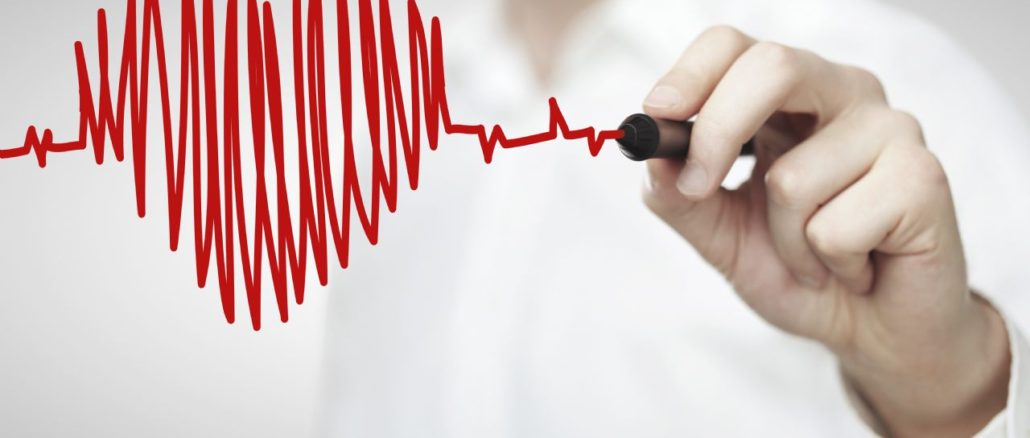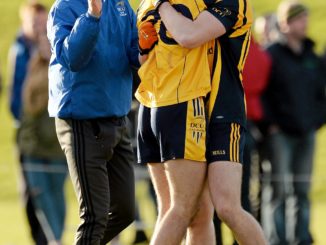
Thirteen DCU students were infected with mumps this year in an outbreak that is affecting universities in particular, according to Dr Mary Ward from the Department of Public Health (DPH).
“It is spread by coughing and sneezing but you can also spread it through saliva by kissing. In universities there’s more social mingling then there would be with younger kids,” said Dr Ward.
Mumps is a highly contagious viral infection, symptoms are swelling of the cheek and jaw, fever and headaches.
Complications are more likely to occur with adults than children when the disease is contracted. “The one that is often talked about in relation to students is testicular inflammation for boys, this can occur to up to 40 per cent that are post-puberty” informed Dr Ward.
Once infected the HSE advises you to attend your student health service or family doctor for examination. They say ‘there is no specific treatment for mumps’ which means over-the counter painkillers, food that requires little chewing and bed rest are what’s generally prescribed.
To avoid spreading mumps the HSE advises to stay home five days after swellings develop. With the end of term looming students could miss important classes and exams.
The MMR vaccine is part of the primary immunisation of children which is free, and is used for measles, mumps and rubella.
Students between the ages of 17-24 have been the most affected by this outbreak, the HSE maintain this is because many have not had their second dose of the MMR vaccine.
Their figures state that after the first dose you’re 78 per cent immunised which increases to 88 per cent after the second dose. Having a third dose can’t harm you.
The last mumps upsurge occurred six years ago in 2009. Last month there was 320 cases reported nationally, the majority of those were between the ages of 17-24 according to the DPH.
Dr Ward said: “It’s estimated that we only get reported on a fraction of what’s out there.” She explained this was because it relied on health professionals asking patients what college they are from and sending a report.
The college itself may make a report but this would be more common in secondary schools, who have more defined populations.
Chai Brady




Leave a Reply